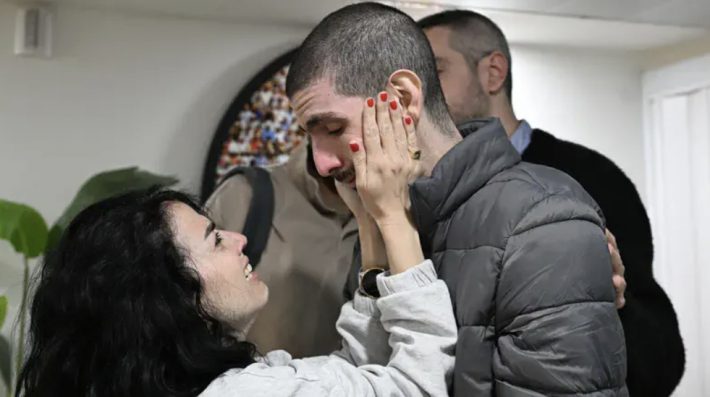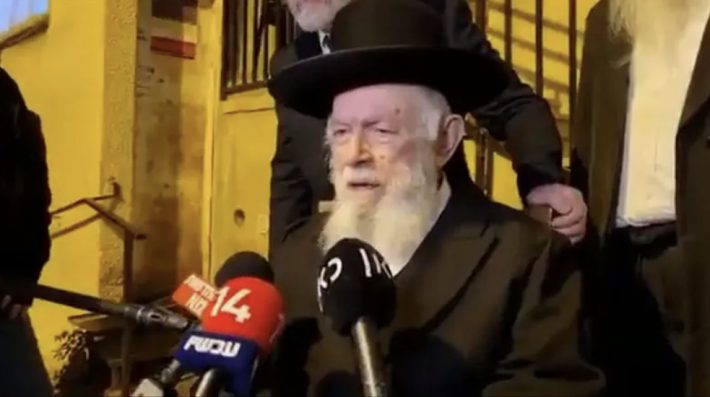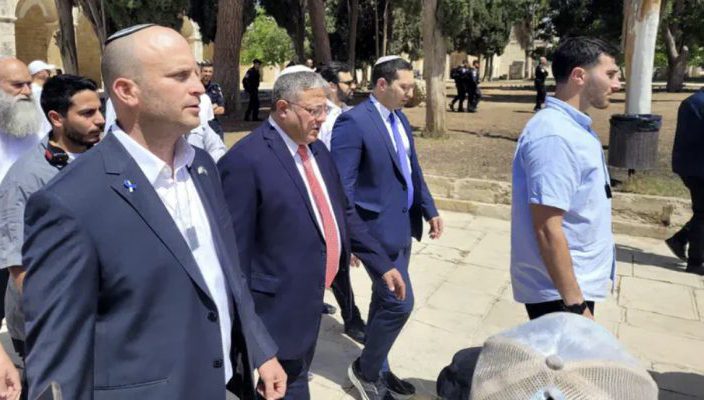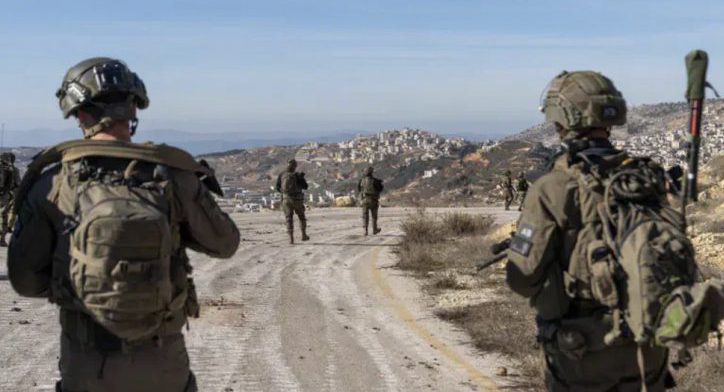Survivor Or Levy shares painful memories of his Hamas captivity, the loss of his wife, and his ongoing fight to reunite all remaining hostages with their families.
Jerusalem —
Or Levy, recently freed after 491 days in Hamas captivity, has shared for the first time the full scope of his harrowing ordeal—one marked by starvation, isolation, and the crushing loss of his wife, Einav, during the October 7, 2023 attacks.
In a moving interview with CNN, Levy, who was released in February 2025, described his experience as a “rollercoaster of emotions” since returning home five months ago. His emaciated appearance upon release underscored the brutality of his imprisonment. Much of his captivity was spent underground, shackled, and surviving on just one pita per day.
“It’s hard to understand how difficult it is to live like that for 491 days,” he said. “No human should endure that.”
Even as he rebuilds his life, Levy’s thoughts remain tethered to those still in Gaza:
“I know for a fact their days are even worse than what I went through. And that’s terrifying.”
The most gut-wrenching moment of his release came not from the physical toll—but from the confirmation of his worst fear. Levy had clung to faint hope for Einav’s survival, despite suspecting otherwise for nearly 500 days.
“I asked the military officer about my wife,” he recalled. “I told her I think I know, but I need to hear it.” The confirmation came swiftly—and shattered what little uncertainty remained.
Amid the despair, one force kept Levy grounded: his son, Almog. Just two years old when Levy was abducted, Almog became the emotional anchor for his survival. Levy found strength in a mantra shared by fellow hostage Hersh Goldberg-Polin, who was murdered by Hamas shortly before IDF forces could rescue him:
“He who has a ‘why’ can bear any ‘how’.”
That “why” was Almog. Now four, Almog recently celebrated his birthday at home—a milestone Levy had promised himself he would witness. He has since had the survival mantra tattooed on his arm, etched into his skin as a permanent reminder of purpose.
Now a full-time father, Levy navigates gentle, honest conversations with Almog about his mother and his captivity.
“The story we told him is that a big bomb happened. Mom died. And I was taken to a far place, where people were trying to bring me back home,” he explained.
Every day, Levy shares photos and stories of Einav, keeping her memory alive for Almog, even when it hurts.
“It’s harder for him not to remember her,” he said.
Despite his return, Levy’s sense of closure remains incomplete. He speaks often of Alon Ohel, the 24-year-old hostage with whom he spent much of his captivity and who remains in Gaza.
“Very easily, I could still be there,” he reflected.
“Nothing is more important than bringing everyone home. I know the pressure needs to continue. The deals need to happen. We have to finish this. All of it.”
Levy also expressed alarm over the impact of stalled ceasefire negotiations, noting that such lulls often result in harsher conditions for those still in captivity.
“The fact that they’re still there haunts me at night,” he confessed.
His message is as much a plea as it is a mission: to ensure no one else is left behind, and that the suffering endured by so many—hostages, soldiers, and families—leads to resolution, not abandonment.





